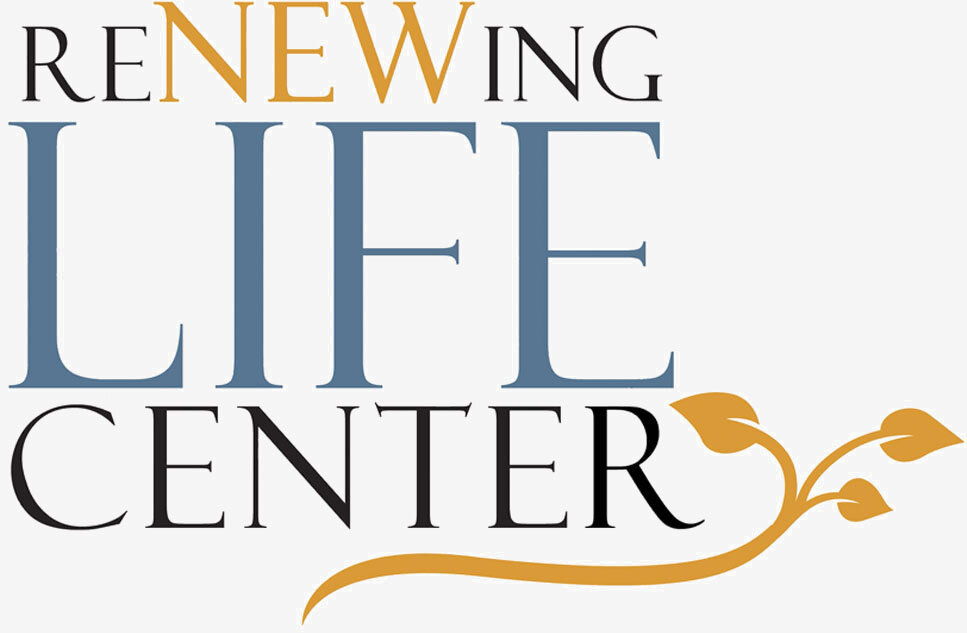The Vital Link: Exploring the Mind-Body Connection in Therapy
If you are seeking healing and personal growth that leads to profound transformation – and aren’t we all – you need to know about the intricate relationship between the mind and body.
In the realm of mental health and therapy, this relationship has gained significant attention in recent years. This interconnectedness forms the cornerstone of holistic approaches to well-being and therapeutic interventions. As I mentioned, understanding and harnessing the power of the mind-body connection can lead to profound transformations in individuals seeking healing and personal growth.
Understanding the Mind-Body Connection:
The mind-body connection refers to the intricate interplay between our thoughts, emotions, sensations, and physical health. It acknowledges that our mental state can profoundly impact our physical well-being and vice versa. This connection is not merely theoretical; it's deeply rooted in scientific research and clinical practice.
Psychoneuroimmunology, for instance, explores how psychological factors, such as stress and emotions, can influence the immune system's functioning. Similarly, studies in neuroscience have revealed the neural pathways through which emotions and mental processes can impact bodily functions, from heart rate to digestion.
Spiritually speaking, The Bible is filled with scriptures regarding the importance of the mind-body connection. 3 John 2 states, “Beloved, I pray that you may prosper in all things and be in health, just as your soul prospers.” Pastor Linda Lange writes, “When our spirit and soul prospers, which is also our mind, will and emotions, our body will respond with good health. If our mind is filled with wrong thinking, our body will respond with poor health. When our heart is at peace, our body is at peace resulting in good health.”
Importance in Therapy:
Recognizing and addressing the mind-body connection is of paramount importance in therapy for several reasons:
Holistic Healing: By acknowledging the interconnectedness of mind and body, therapists can adopt holistic approaches that address both psychological and physical aspects of clients' well-being. This comprehensive approach promotes healing at multiple levels, fostering a sense of wholeness and integration.
Stress Reduction: Chronic stress not only takes a toll on mental health but also manifests in physical symptoms such as muscle tension, headaches, and compromised immune function. Therapeutic techniques that target the mind-body connection, such as mindfulness-based stress reduction (MBSR) and biofeedback, can effectively alleviate stress and its physical manifestations.
Trauma Recovery: Traumatic experiences often leave imprints not only on the psyche but also on the body. Trauma-informed therapies recognize the importance of addressing bodily sensations and reactions in the healing process. Techniques like somatic experiencing and sensorimotor psychotherapy help clients process trauma by attending to bodily sensations and promoting a sense of safety and regulation.
Enhancing Emotional Awareness: The body serves as a rich source of information about our emotional experiences. By tuning into bodily sensations, therapists can help clients develop greater awareness of their emotions and underlying psychological processes. This embodied awareness facilitates emotional regulation and fosters greater self-understanding and insight.
Promoting Lifestyle Changes: The mind-body connection underscores the importance of lifestyle factors, such as diet, exercise, and sleep, in overall well-being. Therapists can collaborate with clients to identify and address lifestyle factors that may be contributing to mental health concerns, thereby promoting sustainable behavior change and long-term wellness.
The mind-body connection serves as a potent gateway to healing and transformation in therapy. By recognizing and harnessing this connection, therapists can empower clients to cultivate greater self-awareness, resilience, and well-being. As we continue to explore the intricate interplay between mind and body, integrating approaches that honor this connection will undoubtedly shape the future of mental health care, offering new pathways to healing and growth.
The Renewing Life Center is here to help you with your mind-body connection. You can set up an appointment to start on your journey to healing today. To do so, go to https://www.renewinglife.net/connect.
Nicole Tanguay, MS, Clinical Professional Counselor Intern

